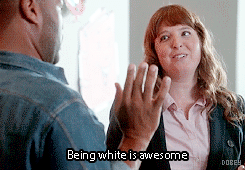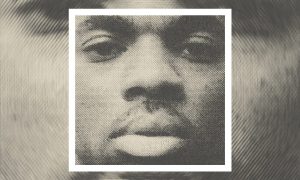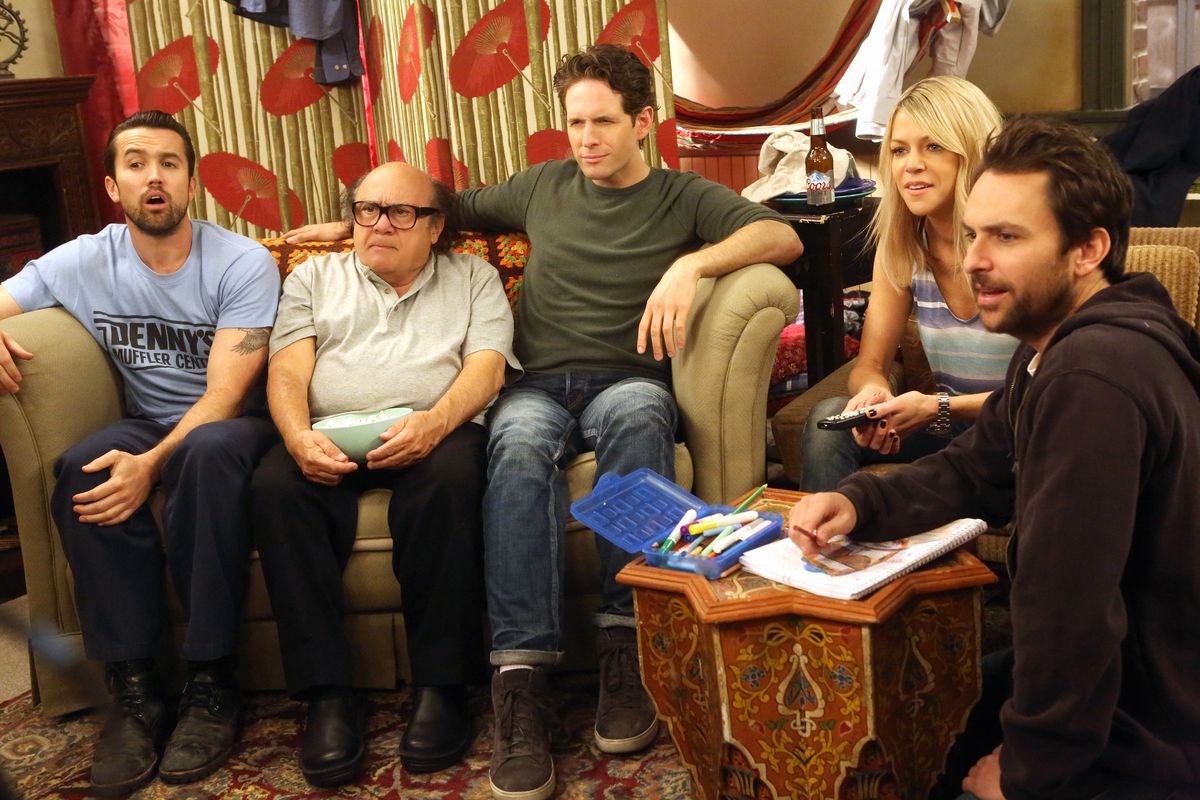It’s you! You’re crazy mom! #blackishABC pic.twitter.com/VVurLb9Vf1
— black-ish (@black_ishABC) October 16, 2014
“Crazy Mom,” the fourth episode of Black-ish, represents the very best and very worst of the new family sitcom. The show knows what it wants to do and has the potential to be a memorable, long-running series, but the weight of what Black-ish wants to achieve and too much screen time for the adults of the family are starting to become a legitimate concern for anyone hoping to compare this show to classics such as The Cosby Show.
The first act of “Crazy Mom” is great television. Dre and Rainbow have a small tiff about who does work around the house, which prompts Dre to say he will do more to help out—kitchen work, dropping off items at school for the kids, cleaning, and other things that are traditionally considered roles for women. Pops warns Dre to tread lightly on this path, but Dre does what most sons do with their fathers’ advice; he ignores it. After one day of doing what Rainbow does every single day, Dre is being showered with applause from everyone for being an awesome dad in classrooms, at work, and from his kids at home.
“When I say cup, you say cake!” Dre tries to comfort Bow with this little jingle: http://t.co/XJuvuJVOV4 — black-ish (@black_ishABC) October 17, 2014
Rainbow, understandably, is incredulous. Why is Dre getting all of this praise for one day of the same thing she does every day? The first act is constantly reminding us that women are underappreciated by society for keeping things in order and sacrificing so that everyone else can have things easy. “Cupcake Man” explained to his boss that he was late because of dropping the cupcakes off at his kids’ school, and the boss says not to apologize, the company recognizes family values and he’s doing what any good father does. Seconds later, a woman of similar standing in the company rushes in and is fussed at by the boss for being late even though she was taking care of her sick child. The show doesn’t explain this and it doesn’t need to. It makes the point more poignant and allows the audience to feel smart, exactly what the next two acts forget to emulate.
Dre, as the narrator, serves as the lens through which we see the world in each episode. It might be fair to call Dre an unreliable narrator as every episode so far has centered around Dre’s insecurity of the week. He is a responsible and professional but we rarely get to see moments of maturity from him beyond the times that the family sitcom formula calls on him to learn a lesson at the end of episode. Many scenes leave Dre’s perspective. For this reason, it is much more reasonable to compare Black-ish to The Bernie Mac Show.
[youtube]https://www.youtube.com/watch?v=beVcffDJTEE[/youtube]
Bernie’s character is blunt, confident, and wise. Therein lies the difference—Dre is rarely right about anything. This is what makes me him feel unreliable and it’s why his narration functions differently than Bernie Mac’s. Consequently, hyperbolic situations don’t feel like they are happening simply because this is a sitcom, it feels like Dre is making them up.
For example, Dre berates a white female teacher for giving a lesson on Harriet Tubman’s actions during the Civil War despite her credentials as a doctoral candidate in American history. He explains to her that he is black and she is white, therefore he should take over the history lesson. She handles the entire situation like a professional until this weird response.

The teacher then goes back to speaking like a normal person after this moment, and now the whole scene just feels awkward. Moments later, Dre verbally attacks an actress playing the role of Harriet Tubman because she is misrepresenting historical fact. However, Dre is the one who is factually wrong and it makes him look ridiculous to everyone in the classroom and the viewing audience. He’s unlikable in these moments, not just insecure.
This scene also highlights the current problem that the children of the Johnson family are only in the show to react to their parents’ issues. Jack and Diane are in the classroom with their dad during his verbal attack on Tubman, and their only reactions are looks of embarrassment. They don’t even have lines speaking to each other or their classmates, who think their father is a psychopath. The same is true of Andre and Zoey, the teenagers, who basically are around just to ignore Rainbow as she copes with not being needed by the kids in the house. The kids need their own thing to do in the show other than reacting to their parents. Four episodes in, the parents are dynamic characters. The kids are not.
We are still really early in the life of Black-ish so it’s too early to judge one way or another if this show is going to become a quality program every week, but some simple pitfalls are dimming fun, witty moments that display what Black-ish is capable of. I’m looking forward to seeing the next episode, which will cover corporal punishment. It should be a doozy.
Black-ish airs Wednesday nights at 9:30 PM ET on ABC.

















